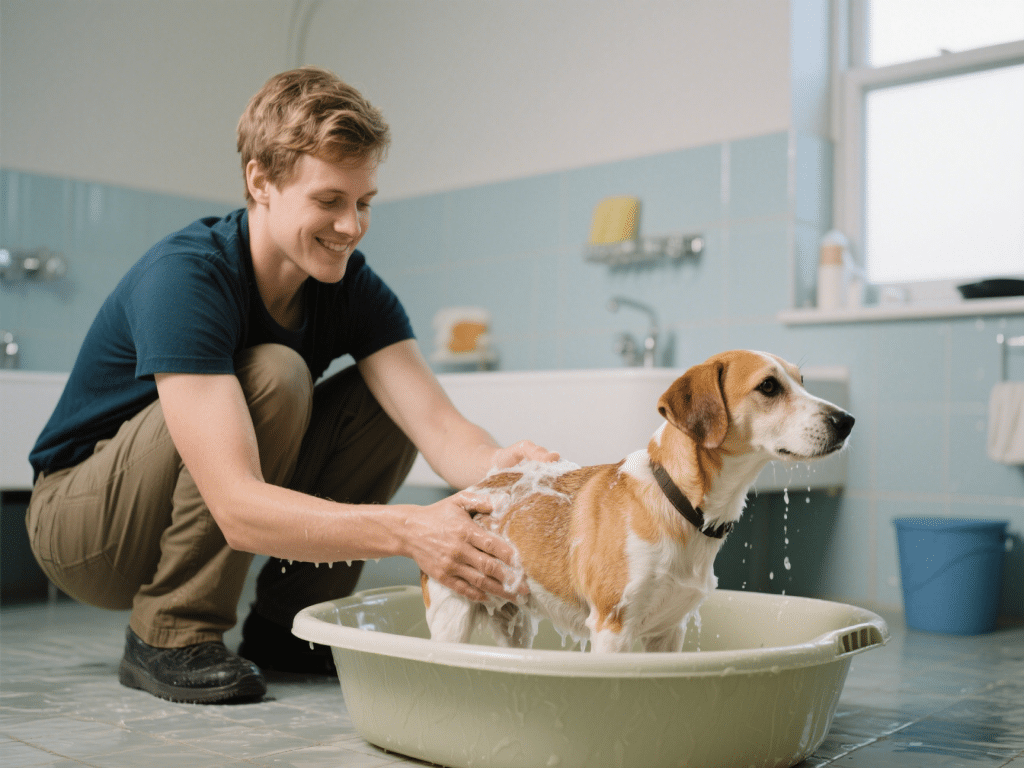RECOMMENDED NEWS

Understanding Senior Dog Arthritis: Gentle Care Strategies
As our faithful companions age, arthritis can gradually erode their quality of life. Having cared fo...
Read More →
The Ultimate Guide to Homemade Dental Chews for Dogs
As a veterinary nutrition specialist and long-time dog enthusiast, I’ve tested dozens of DIY recip...
Read More →
Socializing Kittens: Techniques for Raising Well-Adjusted Cats
The critical socialization window for kittens spans 2 to 9 weeks of age. Proper exposure during this...
Read More →
DIY Homemade Flea Collars: Safe and Effective Recipes
Fleas can turn a peaceful household into a scratching nightmare. Commercial flea collars often conta...
Read More →
Signs of Dental Disease in Rabbits and Preventative Care
IntroductionRabbit dental disease is common due to continuously growing teeth. If left untreated, ma...
Read More →
Choosing the Right Bedding for Guinea Pigs: Comfort and Hygiene
IntroductionProper bedding for guinea pigs is essential for comfort, respiratory health, and cleanli...
Read More →
How to Handle Pet Accidents on Carpet the Right Way
IntroductionPet accidents on carpet can be frustrating for any owner. Left untreated, stains and lin...
Read More →
Tips for Bathing a Dog That Hates Water
IntroductionBath time can be a daunting experience for dogs with water aversion. Whether due to past...
Read More →
When to Start Deworming Your Puppy: Everything You Need to Know
IntroductionParasite control is a cornerstone of puppy health, with many infections acquired prior t...
Read More →
Comments on "Top Safe Deworming Methods for Indoor Cats: Effective Parasite Prevention" :